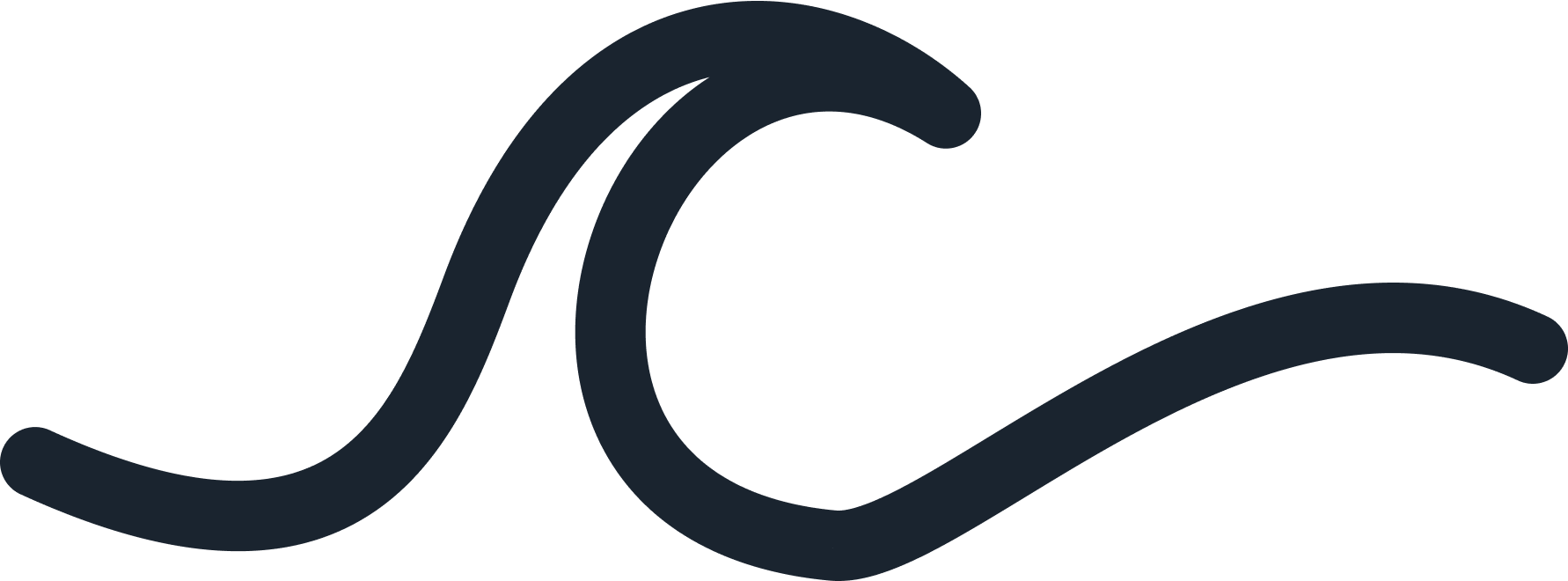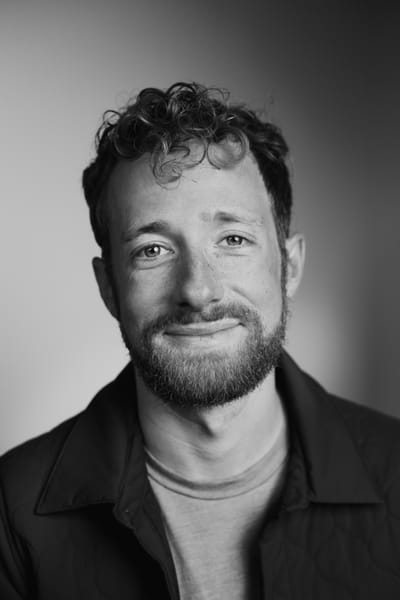Failure is par for the course at this point. When I speak with a lot of founders, it is this general understanding that you have to become comfortable with being uncomfortable. You have to be willing to wake up every single day, jump into a metaphorical boxing ring where you don’t know any of the rules, and try to make it through another round. It is a beautifully terrifying, rewarding, and equally insane thing to actually want to do. So, usually, one of the first questions I ask people when I meet them is to ask them why they do what they do. But I also ask how they got there. Because, whether you are an entrepreneur or not, the story is never linear.
I was a pretty horrible student when I was at university. It wasn’t because I wasn’t capable, I just didn’t feel the system fit my learning style. But I also didn’t think that I was going to be at Arizona State University at all. From third grade, I was going to go to the United States Naval Academy. I was in a military program when I was in high school, excelled at it, jumped through all of the hoops, and after pursuing something for so long, with all of my effort… I FAILED. I went to a military prep school to try to get in the next year. Guess what, I failed AGAIN. Feeling completely worthless and incapable, a friend from high school told me to come to ASU, so I went without ever seeing the school, without researching it, I just wanted a new start and to try to run from the failure.
My next goal was to be a coder. I began my pursuit of a degree in Computer Science. And I did well in the coding classes, weirdly being able to understand the languages with ease. I felt good. I felt that this was finally a path that I could find some success. But then there was calculus for engineers II. I will never forget the question that made me rethink why I was even at the school. The question went something to the effect of: “If you are filling a tank of water at a rate of x, and it has a hole at the bottom the size of y, how long will it take to fill the tank?” My answer was actually quite simple: plug the hole and fill the tank. And for some reason, I wasn’t correct. From that moment on, I realized that I was probably destined for a different career. I went to switch my major to business, thinking that it was a pretty universal degree. However, because I had absolutely bombed math classes, my GPA was now too low to transfer to the business school. FAILURE.
So I settled on Interdisciplinary Studies, a degree that you could put random areas of focus together and call it a degree. Honestly, I think it is the best degree that any college student could have because it allowed them to explore what they actually wanted to do, the whole point of university, right? But the problem was, a BIS degree wasn’t even an option on any job application. So when I was graduating and looking at what to do with my life, I was already at a massive disadvantage. So when I applied to jobs, I never got a message in back. FAILURE.
Thankfully, I had some talent with a camera and a particular gift with sharing the stories of others. A very dear friend of mine to this day ran into my mom at a grocery store and they caught up on how the kids were doing. He asked to meet with me as I was getting ready to go into the working world (or at least trying). I will never forget that meeting. It was at this local coffee shop sandwiched between a credit union and a Safeway in my home town. We sat at this table for two and he asked me, “So you are getting ready to graduate. What do you want to do?” Looking to impress, I answered that I wanted to go into recruiting in Silicon Valley. It made good money and it was right when tech was really taking off. He looked at me closely after he followed up that question with, “What do you like to do?” When the conversation concluded, I wasn’t going to be a recruiter, I was going to tell stories with a camera. I would like to say that I am writing this today a massive success and life is great, but it isn’t the case. That isn’t to say I don’t love what I do, but I feel that there is something inside of me that is never satisfied. And there is something that, up until now, I would do anything to avoid: FAILURE.
You see, I never addressed my failures. It was too painful to think about. The first thing that would come to mind would be, “How could I have done better?” or, “Why am I not good enough?” This is a common thought pattern for most people that meet face to face with failure. And with founders, it is even more prevalent. Yet, it is never really talked about. Founders are made to be these titans, these charismatic figures that are always performing “better” than their peers. But, what most don’t see or know, is that the majority of a founder’s life is spent alone and misunderstood. Most of the nights are late, despite knowing you need the rest. And there seems to always be this stress that you carry that oddly becomes “normal.” You spend half your time in the uncertainty of an idea surviving and the other half of your time convincing yourself that it is worth it.
You definitely get your wins along the way. Those moments that we all live for. The investor that says yes, the big deal that finally closes, and the praise from the public that love what you are doing. And that is what the public usually sees, which is why it all seems like this great career to pursue. But they don’t see the hundred investors that say no, they don’t see the deal that falls through at the 11th hour, and the friends and family that question whether you should just quit because they see the pain that you are in. This twisting, terrifying, addictive mountain road is what some would consider insanity. But to a founder, we wouldn’t have it any other way, despite the pain. Because the failures are what test your idea. The failures are what teach resiliency. The failures are also what make us human.
My mental health has something that I really never paid attention to throughout this process. It was always rooted in the thought that I could power through and just deal with stuff later. You can only run so far until it catches up. What began as stress, turned into panic attacks. Panic attacks led to a complete lack of productivity, which fed the stress even more. This cycle became completely engulfing, leading largely to a state of depression. Call it pressure from outside forces, call it feeling trapped and not being able to get out of the castle that you have built for yourself. Whatever you want to call it, this cycle takes a toll. And many times, it has a taken a massive toll on me. So if you are a founder, or you know somebody that is one, what can you actually do to help? We can’t snap our fingers and make our companies successful overnight and we also can’t stop the challenges that come up.
One of the biggest things that has helped me is to be honest about my struggles and my journey with those that I trust and with other founders. With the lens I see the world through, it is hard for me to fit in with the rest of the world around me. I feel my stressors are quite misunderstood, and the problems that I face are out of the ordinary. And I don’t mean this because mine are superior or bigger, but they are just inherently different. So it is more about finding those that I can relate to, to find my own COMMUNITY of people. I used to think that my struggles were my own as a founder, that I had to always keep this brave face on, but here goes…
I am terrified that my company will fold tomorrow. I am terrified that I will not be heard. I am terrified that my efforts will make no difference to the world. And I am terrified that I have gone too far down a path that I can’t abandon because the mission I am on is too important. But I am not afraid of failing. I am afraid to not be able to work on something I believe in.
I do not believe that I am alone in these thoughts. To the founders that have been open with me and we continue to support each other, and you know who you are, thank you. If you are a founder and you felt something while reading this, you are not the only one out there. If you need any support, I’m here. And for those that are in the thick of it, keep going. What you are doing is valuable. What you are doing is worth doing.


